These wild animals, some of the most endangered species, suffer greatly from confinement and lack of ability to express natural behaviors.
While zoos should lead in conservation and education efforts, animals are often kept as a show of status, wealth or curiosity.
In Lebanon, all zoos are privately owned and some of these are private collections not open to the public. In 2008 there were eight zoos open to the public, and numerous private collections. Zoos regularly acquire trafficked animals, keep them in barren cement and metal bar cages, animals are neglected and suffer from evident stress and medical issues, and some animals or entire collections are simply abandoned when the zoo is no longer profitable.
Animals are occasionally found dead in their barren cages, having succumbed to disease or starvation. Zoo owners admit to illegally acquiring a range of endangered species including chimpanzees, bears and lions, and have worryingly expressed a desire to import elephants, zebras and giraffes.






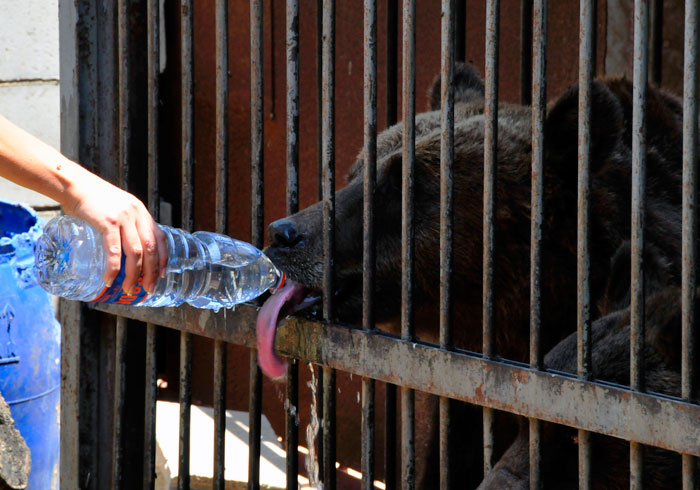
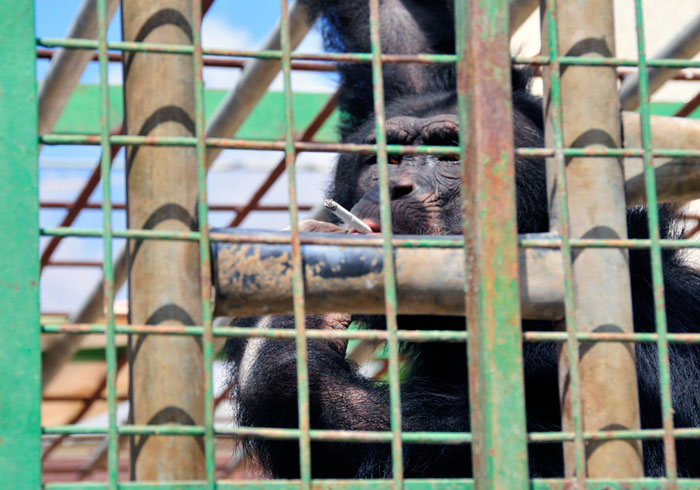
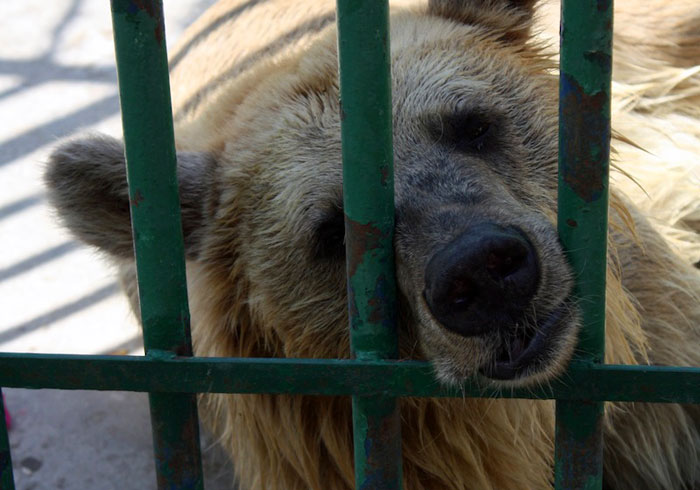
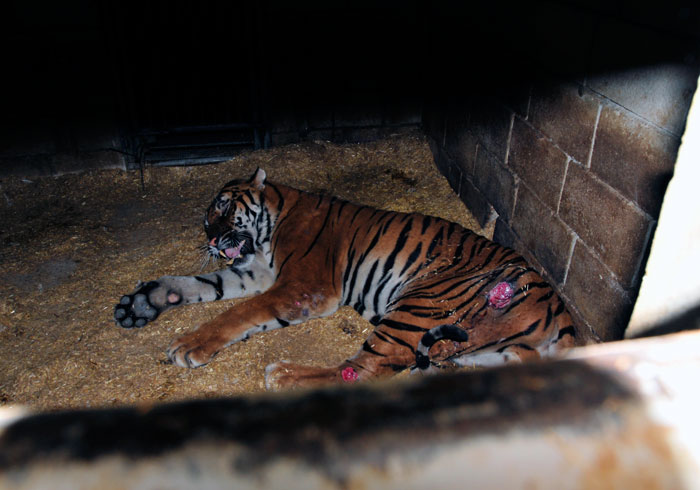
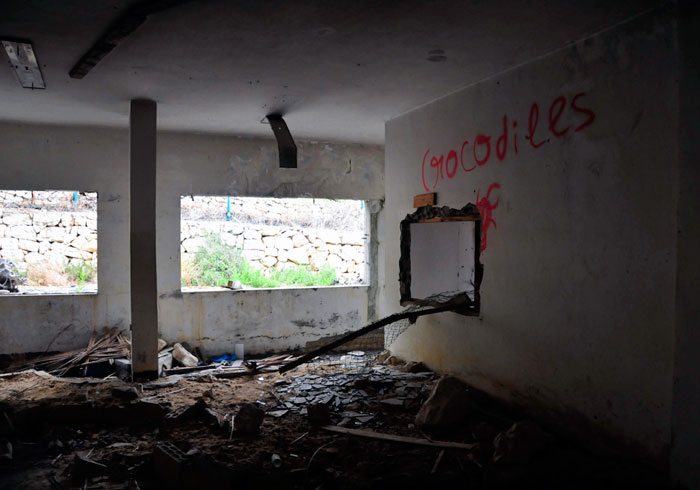
We are working to ensure that all zoos meet the minimum standards of the World Association of Zoos and Aquarium and the European Association of Zoos and Aquaria. The World Association of Zoos and Aquariums also has a code of ethics and animal welfare that all public and private zoos in Lebanon should abide by.
These standards are detailed in the animal protection and welfare law, which requires zoos to be licensed and follow strict regulations.
If a zoo cannot or will not meet these standards, we believe the zoo should be closed down and the animals sent to appropriate sanctuaries and rescue centers.
One zoo that represents itself as the best facility in Lebanon invited European Union zoo experts to visit. The experts informed the zoo management that the suffering of the animals was so great they should either be rehome immediately or euthanized.
Since 2008, Animals Lebanon has closed down two zoos and worked with the owner of a third zoo to ensure the animals would not be abandoned.
These zoos, once the site of suffering and death, are now closed. The animals all rescued and sent to sanctuaries and the facilities are now disused or destroyed completely.
What you can do
- Learn more about the World Association of Zoos and Aquarium and the European Association of Zoos and Aquaria, and why it is important and necessary for zoos to meet their potential in species and habitat conservation.
- Do not visit zoos until zoos are regulated, the welfare of the animals ensured, and the zoos are open and transparent about their work and efforts to conserve species and their habitats.
- If your school or club wants to arrange a visit to a zoo, let them know that you would rather see animals in the wild instead of animals suffering in cages.
- If you do visit a zoo and don’t like what you see – speak up! Tell the zoo workers and zoo owner, share your experience on social media, tell your friends and family. The animals are counting on you and if people stop visiting zoos will improve their conditions or close down.
- See an animal in a zoo that seems to need help? Report it to us and the Ministry of Agriculture.